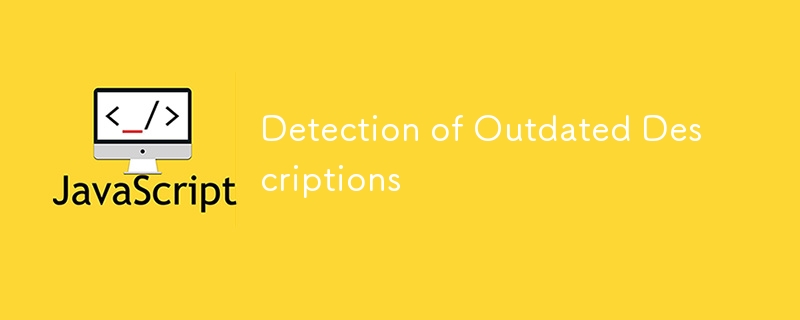

Developer documentation typically includes a description in each file. This descriptions can become outdated, leading to confusion and incorrect information. To prevent this, you can automate the detection of outdated descriptions in your documentation using a bit of AI and GenAIScript.
Many documentation systems use the markdown format to write documentation and a 'frontmatter' header to store metadata. Here’s an example of a markdown file with frontmatter:
--- title: "My Document" description: "This is a sample document." --- # My Document Lorem ipsum dolor sit amet, consectetur adipiscing elit.
The goal is to create a script that detects when the description field in the frontmatter is outdated.
GenAIScript is meant to run on files and provides a special variable env.files that contains the list of files to be analyzed. You can use this variable to include the files in the context using the def function. We limit each file to 2000 tokens to avoid exploding the content on large files.
// Define the file to be analyzed
def("DOCS", env.files, { endsWith: ".md", maxTokens: 2000 })
The next step is to give a task to the script. In this case to check that the content and description field in the frontmatter match.
// Analyze the content to detect outdated descriptions $`Check if the 'description' field in the front matter in DOCS is outdated.`
Finally, we leverage the built-in diagnostics generation feature to create an error for each outdated description.
// enable diagnostics generation $`Generate an error for each outdated description.`
Once you save this script in your workspace, you will be able to execute it on a file or a folder through the context menu
by selecting Run GenAIScript....
You can automatically run this tool on your documentation files to identify outdated descriptions using the cli.
npx --yes genaiscript run detect-outdated-descriptions **/*.md
This script can be integrated into your CI/CD pipeline to automate the detection process.
The above is the detailed content of Detection of Outdated Descriptions. For more information, please follow other related articles on the PHP Chinese website!




